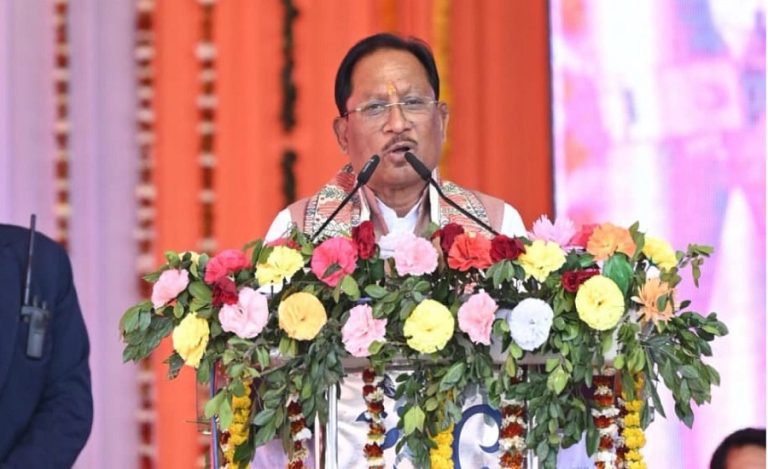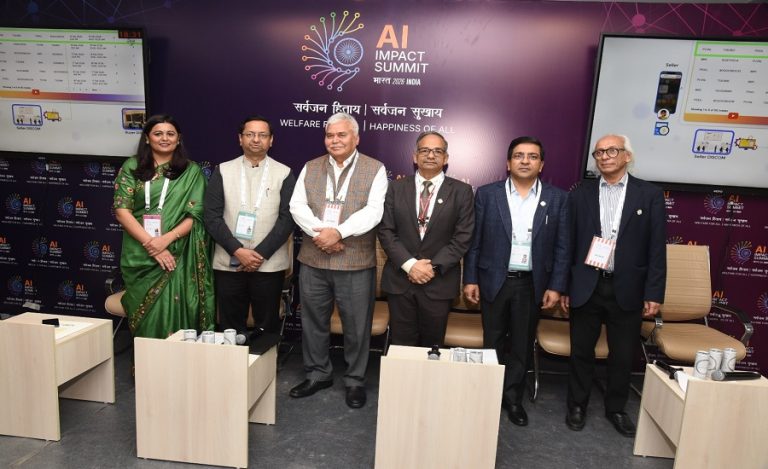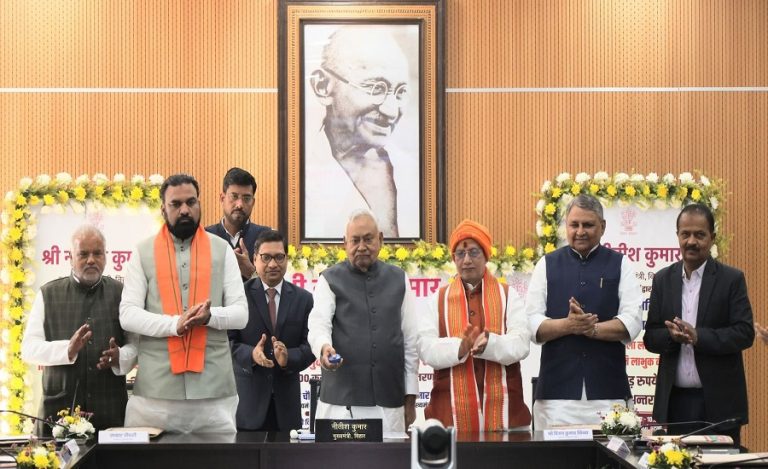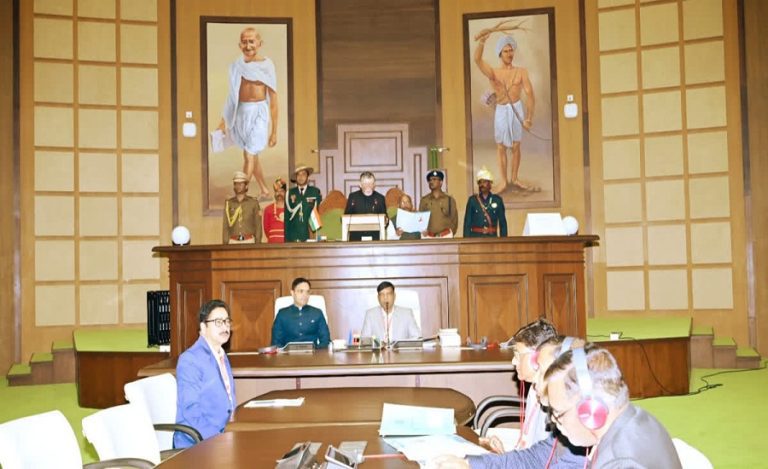In a groundbreaking development for Indian policing, Mr. Mohammad Yaseen Kichloo, an officer of the Indian Police Service (IPS) from the 2013 batch, has become the first from the force to be granted a patent in the field of cyber and virtual technology. This remarkable achievement marks a turning point in the integration of cutting-edge technology into India’s law enforcement framework.
According to an official police statement, the patent, titled “A System for Providing Secure Identity Authentication on Virtual Tourism Platforms and A Method of Secure Authentication Thereof” (Patent No. 572210), was officially granted on October 16, 2025.
Innovation Strengthens India’s Cybersecurity and Digital Governance Goals
This patent introduces a quantum-secure identity verification system designed specifically for virtual tourism platforms. The solution enhances trust and safety in digital environments, particularly in emerging metaverse platforms where secure and verifiable digital identities are critical.
Mr. Kichloo’s innovation directly aligns with India’s broader policy objectives around secure digital infrastructure, cyber-resilience, and smart governance. The patent represents not just a personal milestone, but a strategic advancement for law enforcement’s role in the evolving cyber domain.
Collaborative Success Between Police and Academia
The patent was co-developed by a distinguished team of researchers and technologists, including Prof. (Dr.) Sat Prakash Bansal, Prof. (Dr.) Suman Sharma, Dr. Parveen Sadotra, and Ms. Rabia Koser. Their joint effort bridges the gap between public institutions and academic innovation, demonstrating the power of collaborative knowledge ecosystems.
This successful crossover between police services and academia may well serve as a blueprint for future innovation partnerships in India’s public sector.
J&K Police Emerges as Cyber-Tech Torchbearer
Mr. Kichloo’s achievement brings significant recognition to the Jammu and Kashmir Police, positioning the department as a progressive institution embracing the future of digital transformation and cyber-policing. As cybercrime continues to evolve, the patent places J&K Police at the forefront of India’s policing innovation narrative.
This is a moment of national pride and a testament to the rising competence and creativity within India’s bureaucracy—especially in areas traditionally not associated with high-tech innovation.
National Significance of the Patent
This development underscores the Indian government’s vision under Digital India and Cyber Safe Bharat initiatives. As virtual interactions increase in both scale and sensitivity, such innovations are pivotal to ensuring safety, privacy, and trust online.
The technology also has implications beyond tourism — potentially extending to e-governance, secure login systems, virtual courtrooms, and educational metaverse platforms.




























